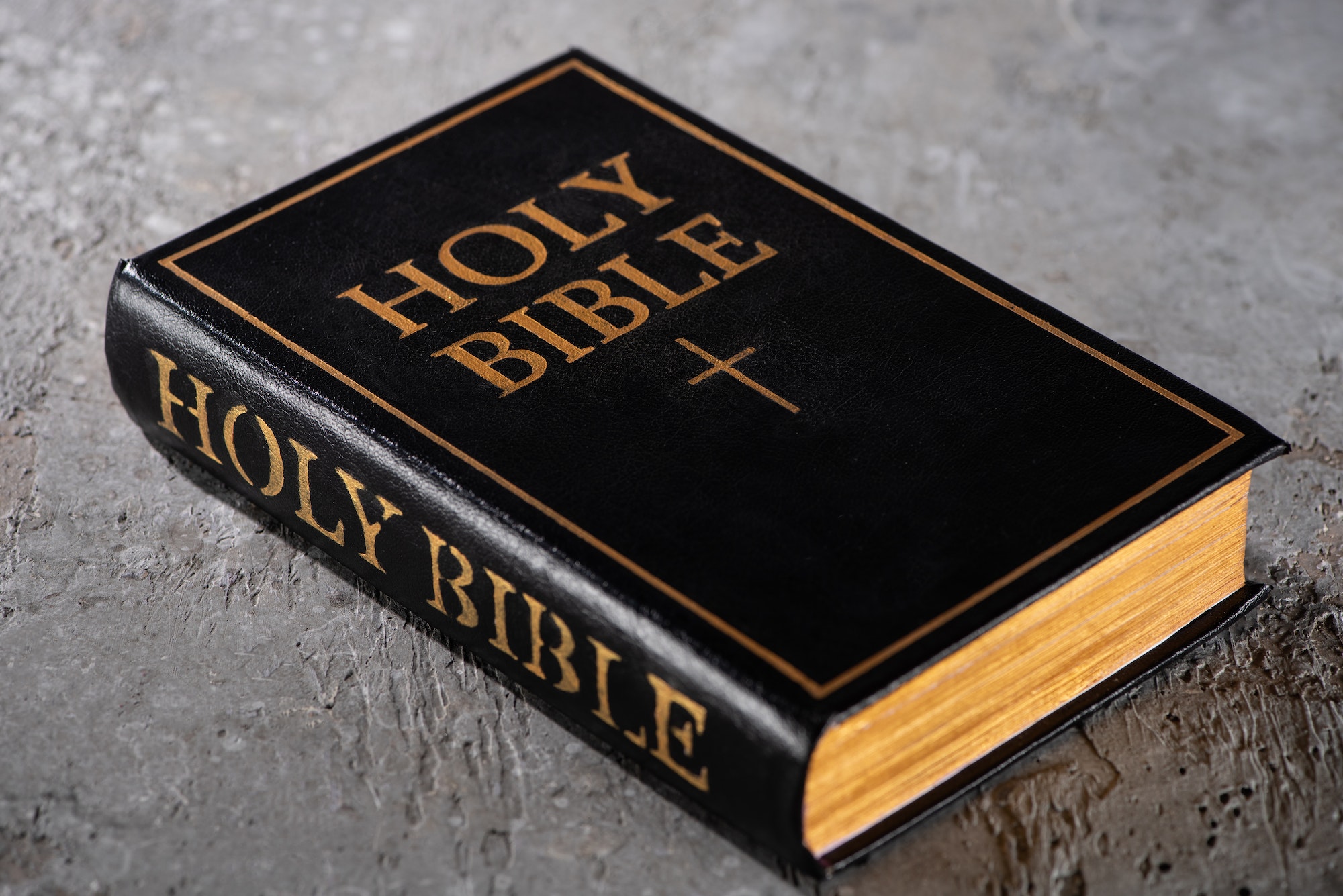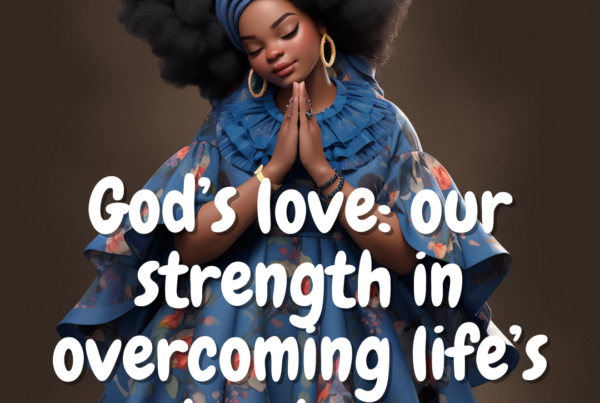1. **The Proverbs 31 Woman**: One of the most commonly referenced passages about a woman’s role, especially in the context of work, is Proverbs 31:10-31. This passage describes a virtuous woman who is both industrious and enterprising. Verses 16 and 24 specifically mention her involvement in trade: “She considers a field and buys it; out of her earnings she plants a vineyard.” and “She makes linen garments and sells them, and supplies the merchants with sashes.” This suggests that she engages in commercial activities, buys land, and sells products, which can be likened to business ownership.
2. **Phoebe the Deaconess**: In Romans 16:1-2, Paul introduces Phoebe to the church in Rome. While the Bible does not specifically label her as a business owner, she is described as a “benefactor of many.” The Greek word used here is “prostatis,” which can be translated as “patron” or “benefactor,” suggesting she might have been a woman of means who supported or sponsored many, possibly through her own enterprises.
3. **Lydia of Thyatira**: Acts 16:14-15 introduces Lydia as a seller of purple cloth from the city of Thyatira. Purple dye was an expensive commodity in ancient times, often associated with royalty and luxury. The fact that Lydia dealt in such a trade indicates she was likely a successful businesswoman.
4. **Principles of Equality**: While the cultural context of the Bible, particularly the Old Testament, was patriarchal, there are overarching biblical principles that suggest equality in the eyes of God. Galatians 3:28 states, “There is neither Jew nor Greek, slave nor free, male nor female, for you are all one in Christ Jesus.” This verse, while speaking to spiritual equality, has been used to advocate for equal rights and opportunities for all, irrespective of gender.
5. **Women as Property Owners**: There are instances in the Old Testament where women owned property, which was uncommon in ancient cultures. For example, the daughters of Zelophehad (Numbers 27) approached Moses about their inheritance rights since their father had no sons. God instructed Moses to grant them property rights, ensuring they received their inheritance.
In conclusion, while the Bible doesn’t specifically address the modern concept of women owning businesses, it does provide examples of industrious and entrepreneurial women. These narratives, combined with biblical principles of equality and justice, suggest that women owning businesses can be seen in a positive light within a biblical framework.




